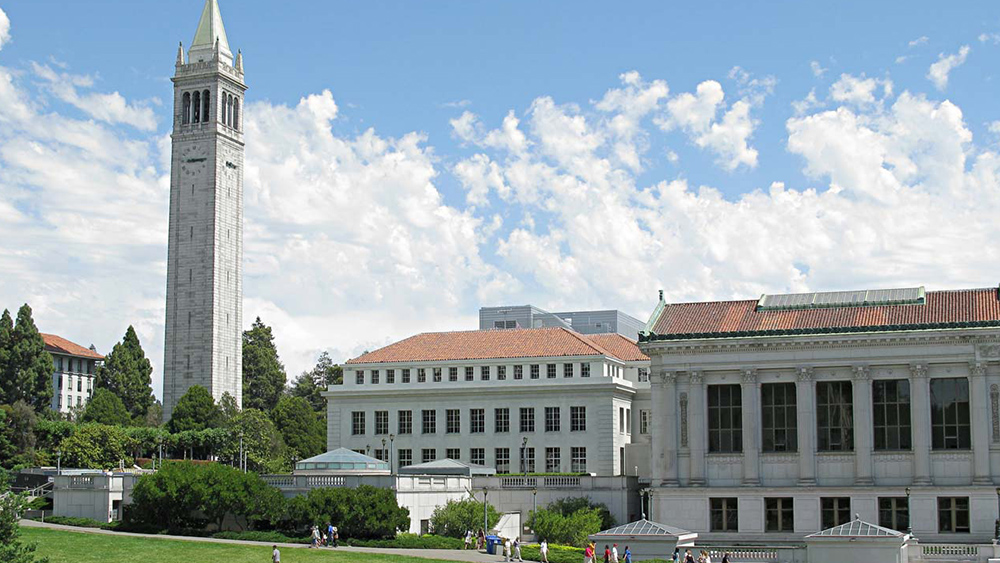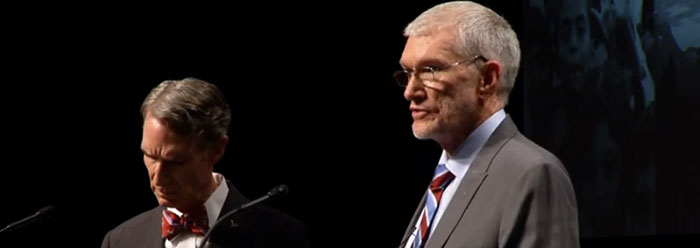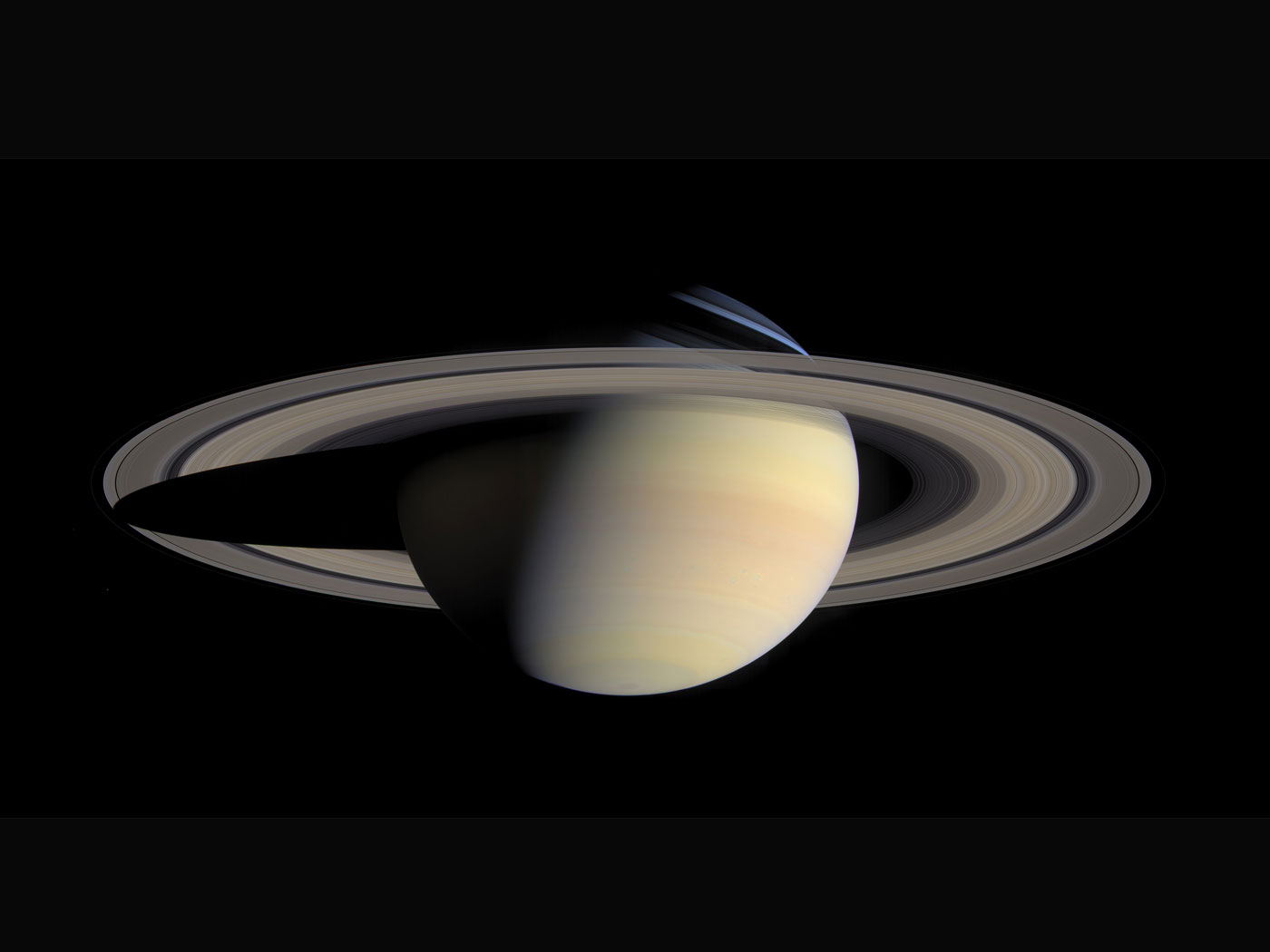An article addressing some of evolution’s difficulties was recently published in Aeon, a magazine of philosophy and culture. It was just another stark case of evolutionists embarrassed about the implications of their own worldview coupled with an obvious attempt to rewrite history. The article was oddly titled “Don’t misread Darwin: for humans, ‘survival of the fittest’ means being sympathetic.”1
The article begins by recognizing both the religious implications and the logical contradictions of Darwin’s radical selectionist worldview. It states,
One of the shockwaves from Charles Darwin’s idea that humans evolved from other animals was moral panic. If our ethics are not guided by an omnipotent and all-knowing god and, instead, life is driven by ‘survival of the fittest’ via natural selection, how could we possibly expect humans to behave with anything other than brash self-interest?
It’s a good question. The supposed answer to that question and others are provided in a short interview with evolutionary psychologist Dacher Keltner. He heads up the Social Interaction Lab at the University of California, Berkeley.
Keltner’s frame of reference is the scientifically-unsubstantiated notion that the complex human brain has somehow evolved from simpler brains. Though he doesn’t refer to a plausible mechanism of how brain evolution happened, he imagines that evolution has produced newer and older parts of our brain. In an act of circular reasoning, evolutionary psychologists also believe these imaginary new and old brain partitions are, in turn, evidence for evolution.
Keltner recounts findings from brain scans that identified when one person observes another experiencing a painful situation, then corresponding parts of both brains are stimulated. He speculates, “It’s as if we are wired to have the same experience of other people.” He says that empathy is “this really complicated task” that engages most of the frontal cortex—an area of the brain he claims is a “newer” part. His evolutionary scenario sees empathy as a “complicated cognitive achievement.”
He then recounts findings from his own neuro-imaging research. The research demonstrates that when people are shown pictures of other people suffering, then a “very old” part of the brain lights up. “So,” the evolutionary story goes, “that tells us that compassion is really old in the nervous system.” But all he’s observed is brain activity—which he instantly tethers to evolution. Unfortunately, this provides another example of evolutionary presuppositions leading to totally contradictory, but equally embraced, accounts of evolution in action.2
That material was all background for Keltner’s attempt at historical revisionism. He acknowledges that Darwin’s selectionism is all about “individual survival, competing, getting your genes to the next generation” and that Darwin concurred with the condensed summary of his concepts as “survival of the fittest.”
So, within that context of selectionist theory, Keltner addresses an observational mismatch, “One of the hardest questions within that framework is: why are people so frequently and routinely good and generous and sacrificing?” His answer ignores the entire history of literature surrounding Darwin’s death-driven notion of “natural selection.” Keltner simply “puts kindness in evolutionary context, connecting his own recent neural-imaging work on compassion with Darwin’s view that sympathy is a cornerstone of human flourishing.”
The true history of selectionism is anything but sympathetic. Death of the weak and survival of the strong are core characteristics to Darwin’s concept of natural selection. Keltner would like to rewrite history and have us forget the brutal legacies of selectionism. Lest we forget, we should recall the actual words of selectionists. For instance, the world-renowned British biostatistician Karl Pearson used mathematics to persuasively promote eugenics on three continents from 1900 until his death in 1936. He stated,
That is, I think, the ever-present fear which the scientific mind recognises: civilised man has largely destroyed crude Natural Selection…In my own mind and in a growing number of other minds…[civilisation will end] unless civilisation can find a method of doing for itself what Natural Selection did for man during his ascent—insuring that he shall breed only from his best. The study of how it is possible forms the subject matter of what we now term the Science of Eugenics. We have to replace the ruthless action of Natural Selection by reasoned conduct in civilised man.3
As a reminder, in the United States when the ruthless action of natural selection was replaced by “reasoned conduct” in civilized man over 70,000 people were compulsorily sterilized, including 8,000 procedures in Lynchburg, Virginia alone.4 In other countries, most notoriously Germany, millions suffered the horrors of eugenics.
The eugenics moral disaster wasn’t a misapplication of Darwinian natural selection, but rather the actual consequence of Darwin’s selectionist worldview taken to its logical conclusion based his conception of how organisms relate to their environment. It doesn’t seem like Pearson or others have “misread” Darwin, but it appears Keltner has.
In George Orwell’s classic novel, 1984, he sent a warning about historical revisionism through a mantra of his fictitious totalitarian regime that “Who controls the past controls the future: who controls the present controls the past.” Thus, one way to influence a continued acceptance of evolution is by hiding the ills of its selectionist past. One job we at ICR shoulder is to prevent that from happening.
Scientific observations show that people accomplish their responses through a wholly united brain—not some odd combination of “new” and “old” subdivisions. And, “if we are wired to have the same experience of other people,” then the best explanation for our loving sympathetic responses is that people are “created in the image of God” (Genesis 1:28) who deeply loves all people (John 3:16). We love because He first loved us.
References
1. Anonymous. Don’t misread Darwin: for humans, ‘survival of the fittest’ means being sympathetic. Posted at aeon.com on June 11, 2019 accessed on June 12, 2019.
2. Coppedge, D. 2018. Darwinians Cannot Agree on What Natural Selection Is. Posted at crev.info on April 2, 2018 accessed on May 10, 2019.
3. Pearson, K. 1927. The Right of the Unborn Child, Eugenics Laboratory lecture Series. No, XIV. London: Cambridge University press, 12.
4. Wieland, C. 1997. The Lies of Lynchburg. Creation. 19 (4): 22-23.
Stage image: University of California, Berkeley
Stage image credit: Wikipedia Commons
*Randy Guliuzza is ICR’s National Representative. He earned his M.D. from the University of Minnesota, his Master of Public Health from Harvard University, and served in the U.S. Air Force as 28th Bomb Wing Flight Surgeon and Chief of Aerospace Medicine. Dr. Guliuzza is also a registered Professional Engineer.























